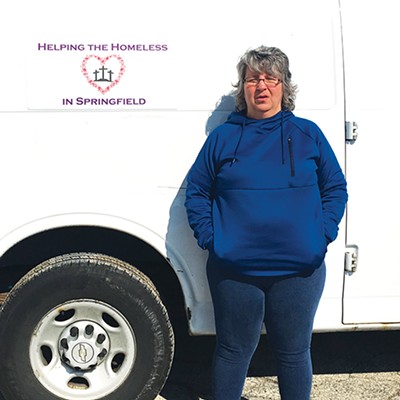It appears certain that drunk drivers, drivers under the influence of drugs, and distracted drivers will continue to kill and injure innocent motorists. Why is it so certain, when everyone recognizes the dangers involved in these practices? Or do they?
The unfortunate truth is that DUIOD (driving under the influence or distracted) drivers don’t fully understand consequences.
Sure, they know that it’s illegal to drive with a blood alcohol content of .08 or higher, and that they may lose their licenses or face jail time if they do. Does either of those potential results get through to them? The statistics tell us laws are not totally effective. Drunk driving continues to exist to the degree that more than 10,000 people are killed and more than half a million people are injured each year in this country by drunk drivers. We send offenders to prison and we suspend or revoke licenses, but the numbers don’t change very much.
Sure, we know that it’s against the law to use illegal drugs and to drive under the influence of those drugs. But the jails are full of individuals who continue to use them and to drive while affected by those drugs. They, too, take lives and cause injuries on the highways and byways.
Sure, it’s illegal to use a cellphone while driving in Illinois and many other states. Nevertheless, distracted driving, primarily texting, is the main reason for a shockingly large number of deaths and injuries, despite driver training and anti-texting programs in high schools.
What’s missing here? Violators of DUIOD laws just don’t get it. They don’t understand it on a personal level. They don’t understand that victims of these outrageous practices are real, that deaths and injuries are real. Their heads are filled with fantasies, fiction, television and video games. They simply cannot visualize potential victims as skin and blood, identifiable real persons.
That’s the message we must get across. The innocent victims who are losing lives or living the rest of their lives in pain and suffering are remarkably like the offender’s parents, siblings or children. They are not mere statistics or faceless objects in space.
That’s exactly the message contained in court-ordered victim impact panels for first-time DUI offenders. These are presented by Victim Impact Speakers, Mothers Against Drunk Driving and the Alliance Against Intoxicated Drivers as well as a few other organizations. Family members tell of the loss of sons, daughters, spouses or parents because of a drunk driver. Victims tell of how they have been placed in a wheelchair or have had other life-changing injuries due to a drunk driver. DUI offenders hear from and about real people, not statistics or faces in the crowd.
A bill in the General Assembly calls for BAIDs (breath alcohol interlock devices) in the vehicles of those convicted of two or more DUI charges. One newspaper item gives the BAID some credit for a decline in DUIs over the past 10 years. Others claim that tougher law enforcement should get some credit for the decline. Many, however, believe that victim impact panels are the real reason for the reduction in recidivism because first-time DUI offenders finally get the idea that real, identifiable people die or are seriously injured because of drunk drivers, reckless drivers and distracted drivers.
Before anyone ever gets behind the wheel of a vehicle after drinking or using drugs and before engaging in the dangerous practices of distracted driving, they need to think of the horror of being responsible for the victimization of those they know best, their own family or friends. If you drink, use drugs or are distracted while driving, put that image in your mind, the faces of those you love most. Those are real people; save their lives.
George A.M. Heroux of Springfield is the executive director/attorney for Victim Impact Speakers and the author of But for the Crash, a novel inspired by a real drunk driving tragedy that occurred in Springfield. Contact him at 217-546-4922 or [email protected].
Drunk drivers need to hear from victims
[
{
"name": "Air - MedRect Combo - Inline Content 1",
"component": "11490391",
"insertPoint": "3",
"requiredCountToDisplay": "1",
"parentWrapperClass": "fdn-ads-inline-content-block"
},{
"name": "Air - MedRect Combo - Inline Content 2",
"component": "11490392",
"insertPoint": "7",
"requiredCountToDisplay": "5",
"parentWrapperClass": "fdn-ads-inline-content-block"
},{
"name": "Air - MedRect Combo - Inline Content 3",
"component": "11490393",
"insertPoint": "12",
"requiredCountToDisplay": "9",
"parentWrapperClass": "fdn-ads-inline-content-block"
}
]
Illinois Times has provided readers with independent journalism for almost 50 years, from news and politics to arts and culture.
Your support will help cover the costs of editorial content published each week. Without local news organizations, we would be less informed about the issues that affect our community..
Got something to say?
Send a letter to the editor and we'll publish your feedback in print!
















